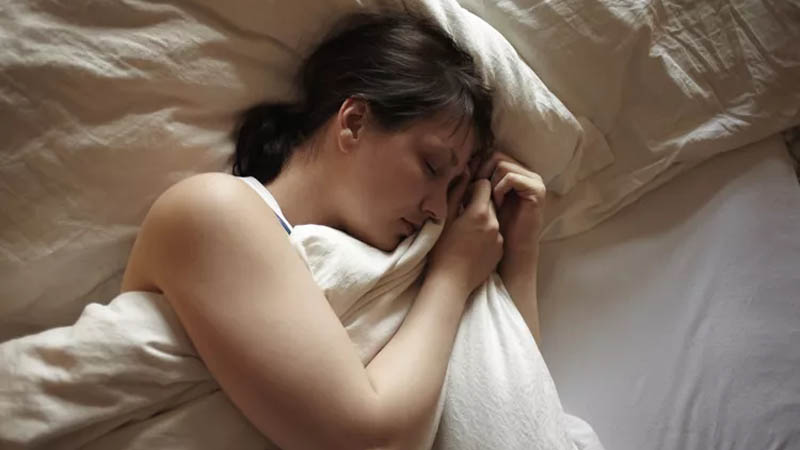
Doctor Reveals the Surprising Reason Your Body Jolts When You’re About to Fall Asleep
When you’re utterly exhausted and craving sleep, it can be maddening to feel like your own body is sabotaging your efforts. For many, the struggle lies in silencing a restless mind before bed, but others face sudden muscle spasms that disrupt their attempts at rest, reported Bristol Live.
Dr. Sooj Kukadia, an NHS doctor, recently took to TikTok to explain why some people experience these “nighttime glitches and hypnic jerks” as they transition to sleep. In his video, Dr. Kukadia states: “Do you know someone who glitches in their sleep? This is called a hypnic or hypnagogic jerk and is an involuntary sudden jumping sensation in the body.” These jolts occur as the body shifts from wakefulness to sleep, making it a perplexing yet common phenomenon.
While the exact cause remains unknown, Dr. Kukadia shares a leading theory: “Our brain gets confused by the signal as we fall asleep and by our muscles relaxing, and it thinks we’re falling. It reacts by twitching our muscles.” These jerks are usually noticeable only when they wake a person from sleep, adding to the frustration, according to the Daily Record.
The doctor also speculates that this response could have evolutionary roots. In the past, such reflexes may have helped our ancestors avoid falling from trees. Modern triggers for these nighttime jolts include stress, anxiety, fatigue, sleep deprivation, nicotine, caffeine, and intense exercise before bed. For those experiencing frequent or severe episodes, Dr. Kukadia recommends consulting a doctor, particularly if the jerks occur while awake.
Dr. Kukadia’s video resonated with viewers, many of whom shared their own experiences in the comments. One user remarked, “I was told our brain thinks we’re dying, so it gives us a jolt.” Another admitted, “I do this all the time.”
Others described more complex sleep disturbances. One commenter shared, “Happens to me every night while I’m trying to get to sleep and also wakes me when deeply asleep. I also suffer from sleepwalking, vivid dreams, and occasional sleep paralysis.” Another added, “Literally happens every night for me. I don’t sleep—I might get three to four hours, and that’s a good night.”
For some, these episodes are exacerbated by prolonged periods without sleep. “This happens to me after three days of no sleep,” one person shared. “It gets so bad I start to get anxiety. I hate it, so now I do everything I can to keep a steady nightly routine.”
Dr. Kukadia’s insights highlight a curious and often misunderstood sleep phenomenon, reminding us of the delicate balance our bodies maintain as we drift into rest.
